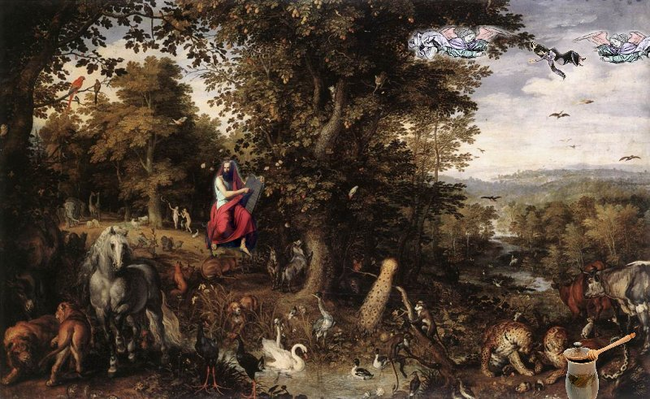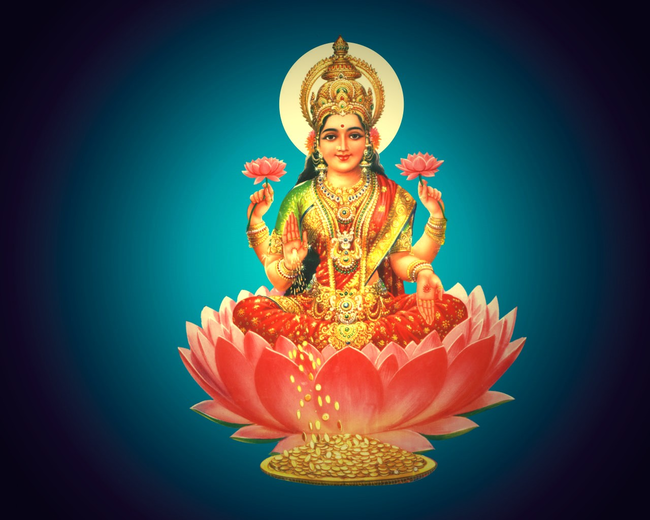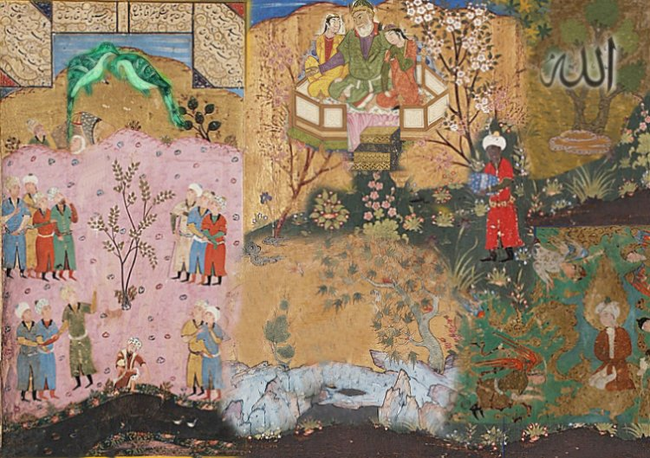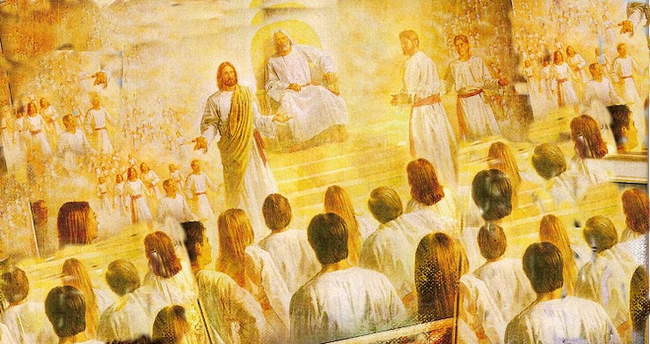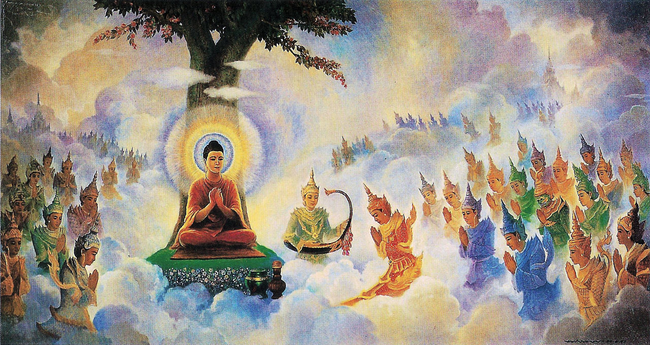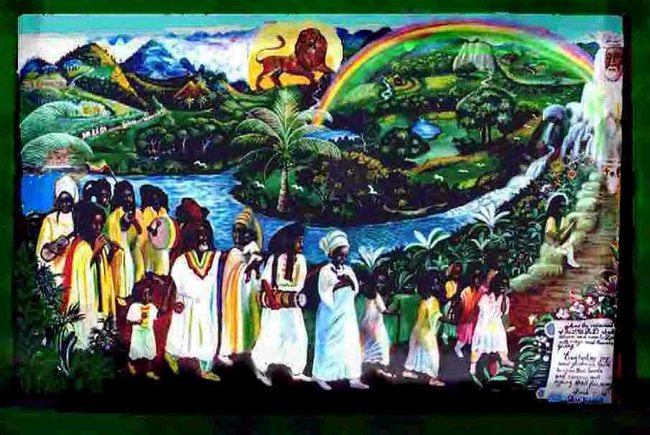The debate of whether there’s a heaven or an afterlife is one that has been raging for quite some time. Countless people have even dedicated their lives to figuring out if it really exists. Some people claim that they are going to heaven, some people will tell you to “go to hell.” But what a lot of people overlook about heaven is that it isn’t the same in all religions. Some religions don’t have a clearly defined notion of an afterlife at all.
So what do most people think will happen after we exit this mortal coil?
1.) Judaism
One of the most popular and oldest religions, Judaism interestingly doesn’t have a solid notion of heaven at all. There is no clear indication of a heaven or afterlife in the Jewish scriptures at all, which leads to a lot of debate on the subject. Two typical positions are those of the Pharisees, who believed that there was an implied notion of an afterlife, and the Sadducees, who pointed out that there was no biblical evidence of such. Over the millennia, Jews have come to believe in various versions of heaven, some of which occur after the Messiah comes and involve the righteous dead coming back to life.
2.) Christianity
There are differing versions of what the Christian heaven is like, but the Biblical version is pretty straightforward. The Book of Revelations depicts heaven as a city called “New Jerusalem” which has a wall and 12 gates, and on each gate is the name of one of the tribes of Israel along with an angel. There are also 12 foundations, 1 each for the 12 apostles. In fact, we even know the size of the New Jerusalem: 1,400 miles square with a 200-foot wall. The structure itself is made of all kinds of precious stones, some of which have not yet been identified on this earth. There is a river of “the water of life,” which flows from God’s throne, and trees of life line the banks of the river and produce fruit every month. Believers will have God’s name written on their foreheads, and all pain, tears, and death will disappear forever.
3.) Hinduism
The Hindu religion doesn’t have a specific notion of heaven like many western religions. They believe in reincarnation until that being has reached enlightenment. According to the Upanishads, our actions connect us to this world of appearances, which is in fact illusory. What is real is Brahman, the ultimate reality that transcends our sensory experiences. Unfortunately, we live in ignorance of Brahman and act according to our illusions. This action (karma) causes us to participate in the cycle of death and rebirth from which it’s difficult to escape. Thus, if you can escape your ignorance and realize that ultimately you are not you but Brahman itself, then you can achieve release from the cycle of death and rebirth. This release is called moksha.
4.) Islam
Paradise is what Islamic followers call their heaven. You can gain access by having your actions of good outweigh your bad actions, as laid out by the Quran. Paradise is a garden where the faithful lie upon couches in a climate-controlled environment surrounded by “bashful, dark-eyed virgins, chaste as the sheltered eggs of ostriches.” They will drink from crystal goblets and silver vessels as “immortal youths” hover about them looking like “scattered pearls.” The believers will be clothed in green silk and brocade and will wear silver bracelets, and they will “drink a pure draught” drawn from Allah’s own source as a reward for their striving and patience.
5.) Scientology
Scientologists believe in reincarnation. Their “souls will be born again into the flesh of another body.” Scientologists believe that every human being is really an immortal spiritual being known as a thetan and that the “meat bodies” we inhabit are merely vessels we shed upon death. When a body dies, its thetan forgets the details of the former life, though painful and traumatic images known as engrams remain rooted in its unconscious. In order to move up the path of spiritual progression—known as the Bridge to Total Freedom—one must eradicate these psychic scars, which cause a person to act fearfully and irrationally. Once a Scientologist has purged them through the counseling process known as auditing, he or she is said to be “clear.”
6.) Mormonism
Mormons actually believe in 3 heavens. Sweet right? The 3 are the celestial kingdom, the terrestrial kingdom, and the telestial kingdom, with the celestial kingdom being the highest level of heaven that someone can achieve. Joseph Smith had a vision of the celestial kingdom and recorded a brief description, “The heavens were opened upon us, and I beheld the celestial kingdom of God, and the glory thereof, whether in the body or out I cannot tell. I saw the transcendent beauty of the gate through which the heirs of that kingdom will enter, which was like unto circling flames of fire; Also the blazing throne of God, whereon was seated the Father and the Son. I saw the beautiful streets of that kingdom, which had the appearance of being paved with gold.”
7.) Buddhism
The Buddhist notion of heaven would be that of “Nirvana.” Buddha believed that all human suffering was linked to desire and in order to reach Nirvana, we need to extinguish that desire and let go of everything. Buddha taught that desire is a flame that burns us, causes suffering, and keeps us tied to the cycle of death and rebirth (reincarnation) because the flame continues burning into the next life. What they hope for is Nirvana, or the extinguishing of that flame, which is also the end of suffering.
8.) Rastafarianism
The most righteous Rastas will get to experience what is known as “everliving,” which is a form of physical immortality. Heaven is a return to Eden, which is located in Africa according to their religion.
9.) Jehovah’s Witnesses
Jehovah’s Witnesses believe that heaven has a strict limit to its admittance. Jehovah’s Witnesses believe that exactly 144,000 faithful Christians go to heaven to rule with Christ in the kingdom of God. They, with Jesus, will also perform priestly duties that will bring faithful mankind to perfect health and “everlasting life.” Those followers outside of the 144,000 will be resurrected in an earthly paradise, while those nonbelievers will not be resurrected at all and their souls are annihilated.
It’s impossible to say whether or not there is an afterlife (even though some people have claimed to see heaven during near-death experiences). One thing is certain, though: a lot of people believe there is.
